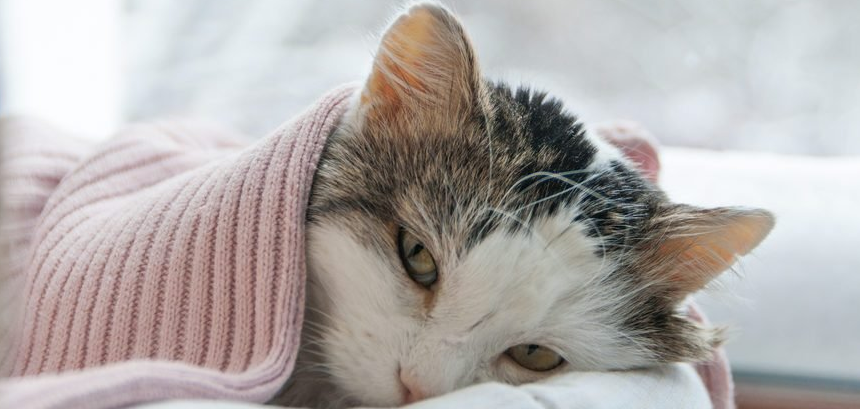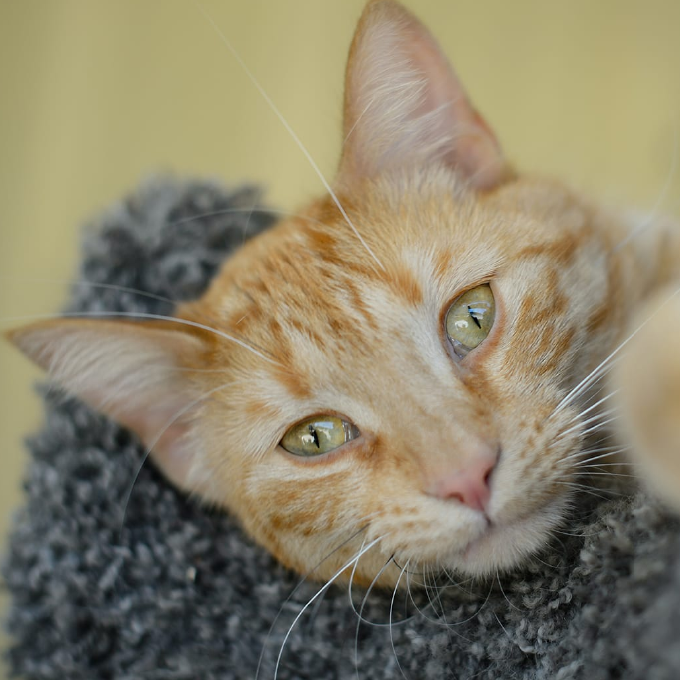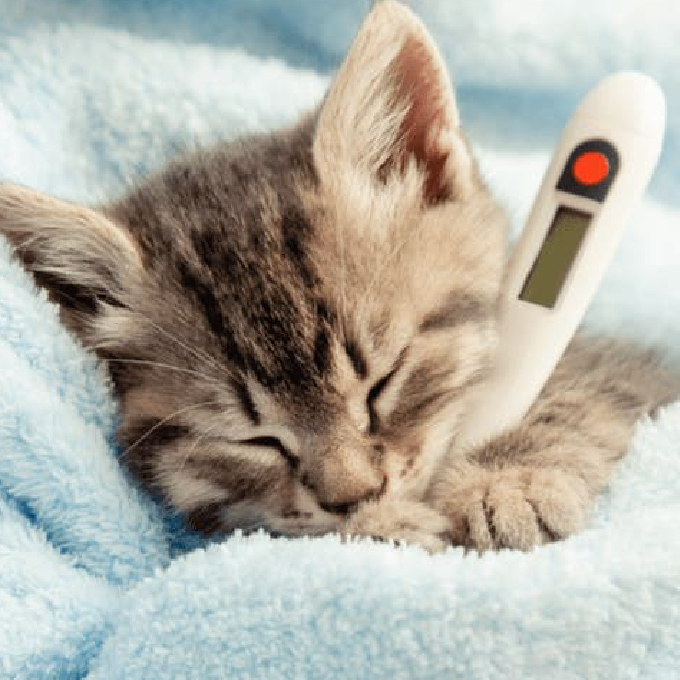
How to Recognise a Sick Cat
How to Recognise a Sick Cat: Signs to Watch For
How to Recognise a Sick Cat – As cat owners, we cherish the quirky, playful nature of our feline friends. However, cats are notoriously secretive about their discomfort or illness, often hiding their symptoms until they are very unwell. This makes it crucial for cat parents to recognize the subtle signs of sickness early. Here’s a guide on how to spot when your cat might be sick and what steps you should take next.
Recognising illness and injury in your cat, means prompt and effective treatment can be sought, leading to better outcome.
“ Budgie Common Illnesses ”
1. Changes in Behaviour
One of the most noticeable signs that something is wrong with your cat is a change in its behaviour. If your usually sociable cat is hiding more or has become unusually aggressive, it could be a sign of discomfort or pain. Conversely, a cat that is usually independent but suddenly becomes clingy could also be feeling unwell.
2. Altered Eating or Drinking Habits
Pay attention to any changes in your cat’s eating or drinking habits. A decrease in appetite can be an early indicator of stress, dental disease, or more serious internal issues. Conversely, increased thirst can be a symptom of diabetes or kidney disease.
3. Unusual Litter Box Activity
Keep an eye on how often your cat uses the litter box. Both increased and decreased urination can be cause for concern. diarrhea , constipation, or any other change in stool consistency should also prompt a visit to the vet.
4. Poor Grooming or Changes in Appearance
A healthy cat usually keeps itself well-groomed. If your cat’s fur becomes unkempt or matted, it could indicate illness. Similarly, noticeable weight loss or gain without changes in diet should be investigated.
5. Respiratory Issues
Any signs of difficulty breathing, persistent coughing, wheezing, or frequent sneezing could suggest respiratory issues. These symptoms should not be ignored, as they could indicate anything from a simple cold to more severe conditions like asthma or heart disease.
6. Vomiting or Regurgitation
While an occasional hairball or upset stomach isn’t unusual, frequent vomiting can be a sign of a serious health problem. If your cat is vomiting repeatedly or the vomiting is accompanied by other symptoms like lethargy, it’s time to see the vet.
7. Changes in Mobility
Watch for changes in how your cat moves. Limping, difficulty jumping up or down, or reluctance to move at all can indicate joint issues, injury, or arthritis. Early intervention can help manage pain and prevent further complications.
8. Uncharacteristic Vocalisations
If your cat is making noises that are unusual for them—more meowing or yowling than normal—it may be trying to tell you that something is wrong. This is particularly significant if the vocalizations seem driven by movements or activities that involve physical effort.
How to Recognise a Sick Cat – Taking Action
If you notice any of these signs, it’s important to consult with your veterinarian as soon as possible. Early detection and treatment can often lead to a better outcome for your cat. Remember, it’s better to err on the side of caution when it comes to the health and well-being of your furry family member.
Remember, you know your cat better than anyone else. If you notice anything that seems out of the ordinary, don’t hesitate to get it checked out. Cats depend on us to be their advocates for their health, and being vigilant can make all the difference.
Further Reading:
Post a Comment
You must be logged in to post a comment.






